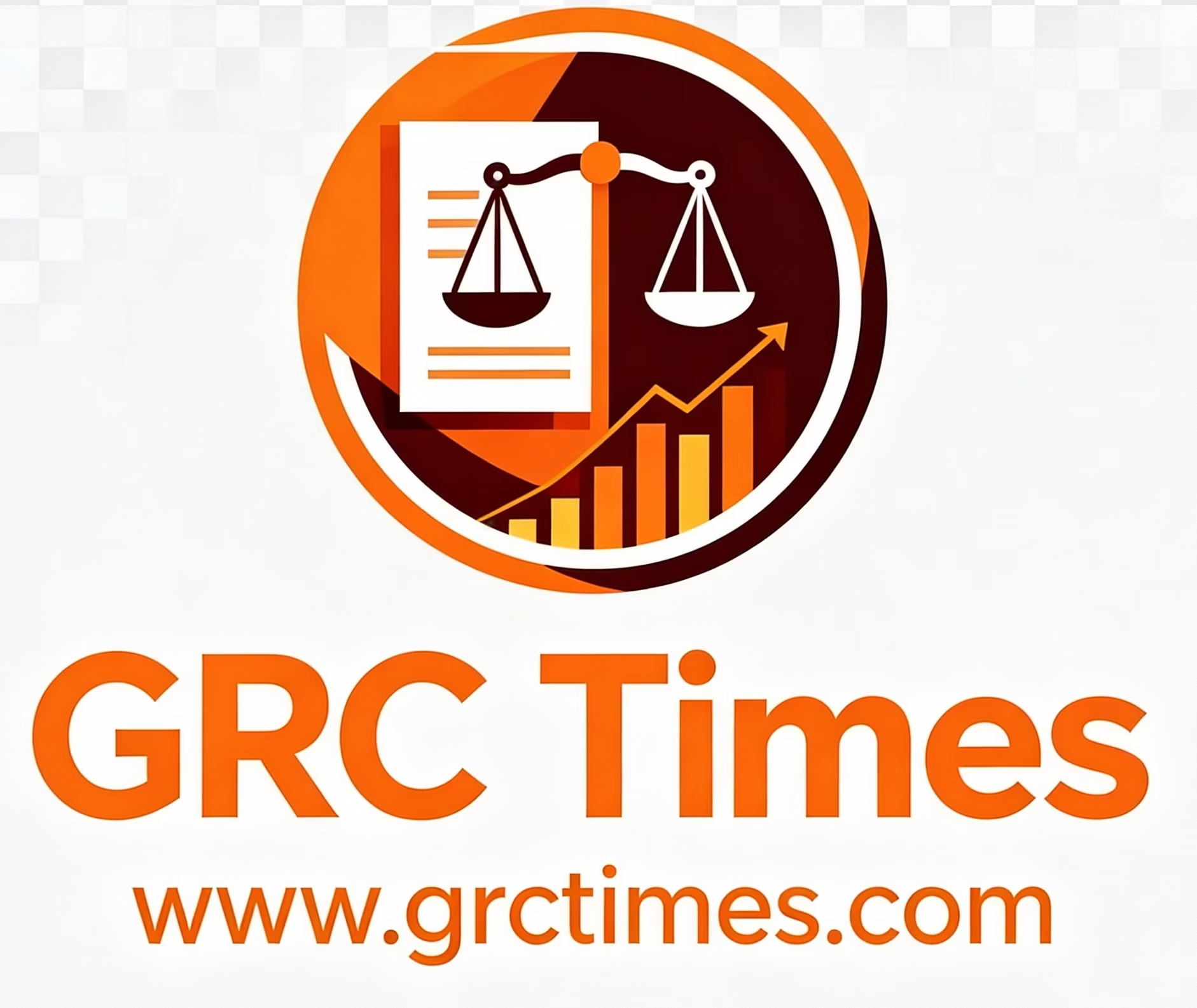The enactment of the new OBBBA law marks a significant shift in how student loans are managed and how higher education institutions maintain compliance. These changes will directly impact financial aid processes and institutional accountability standards.
Key Provisions of the OBBBA Law
Enhanced Transparency
-
Lenders must provide upfront disclosures of all fees, interest rates, and repayment schedules.
Stricter Compliance Requirements
-
Colleges and universities will undergo more frequent audits and adhere to rigorous reporting standards.
Loan Eligibility Adjustments
-
Expanded access to income-driven repayment plans and revised criteria for loan forgiveness programs.
Implications for Students
-
Receive a clear, itemized summary of total borrowing costs before enrolling.
-
Enjoy streamlined enrollment in income-based repayment options.
-
Benefit from stronger consumer safeguards against predatory lending.
Impact on Institutional Accountability
-
Must establish comprehensive compliance frameworks to monitor financial aid disbursements.
-
Required to file quarterly reports on loan default rates and student success metrics.
-
Need to designate an OBBBA compliance officer or office responsible for implementing and overseeing these new mandates.
Next Steps for Stakeholders
Students:
-
Carefully review loan offers and consult with financial aid advisors.
Institutions:
-
Conduct a thorough audit of existing processes and invest in targeted compliance training.
Lenders:
-
Upgrade loan origination and servicing platforms to ensure full compliance with the new upfront disclosure requirements.

